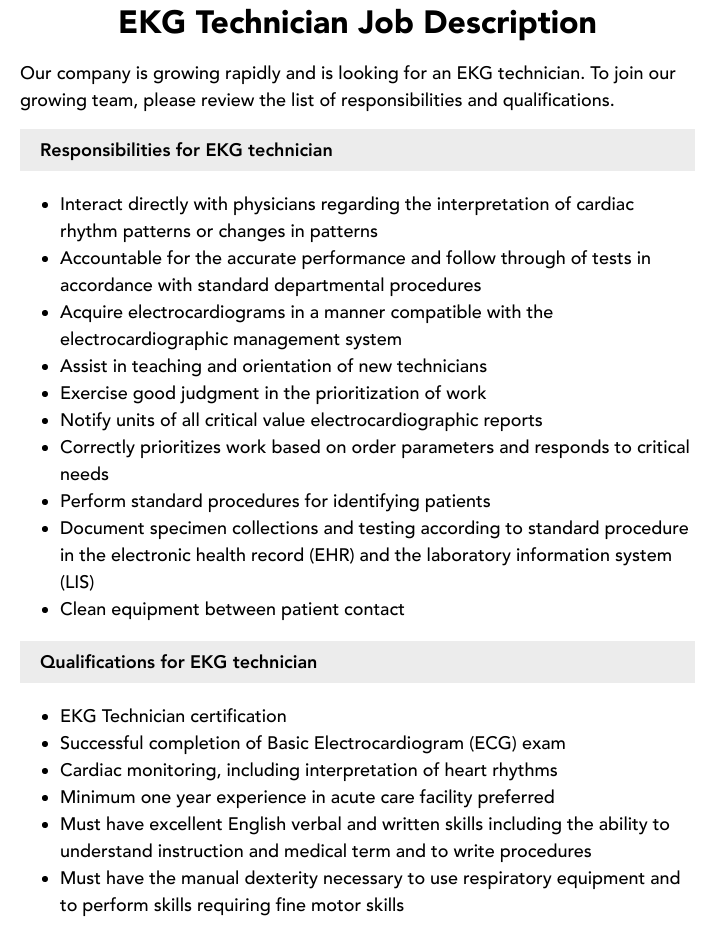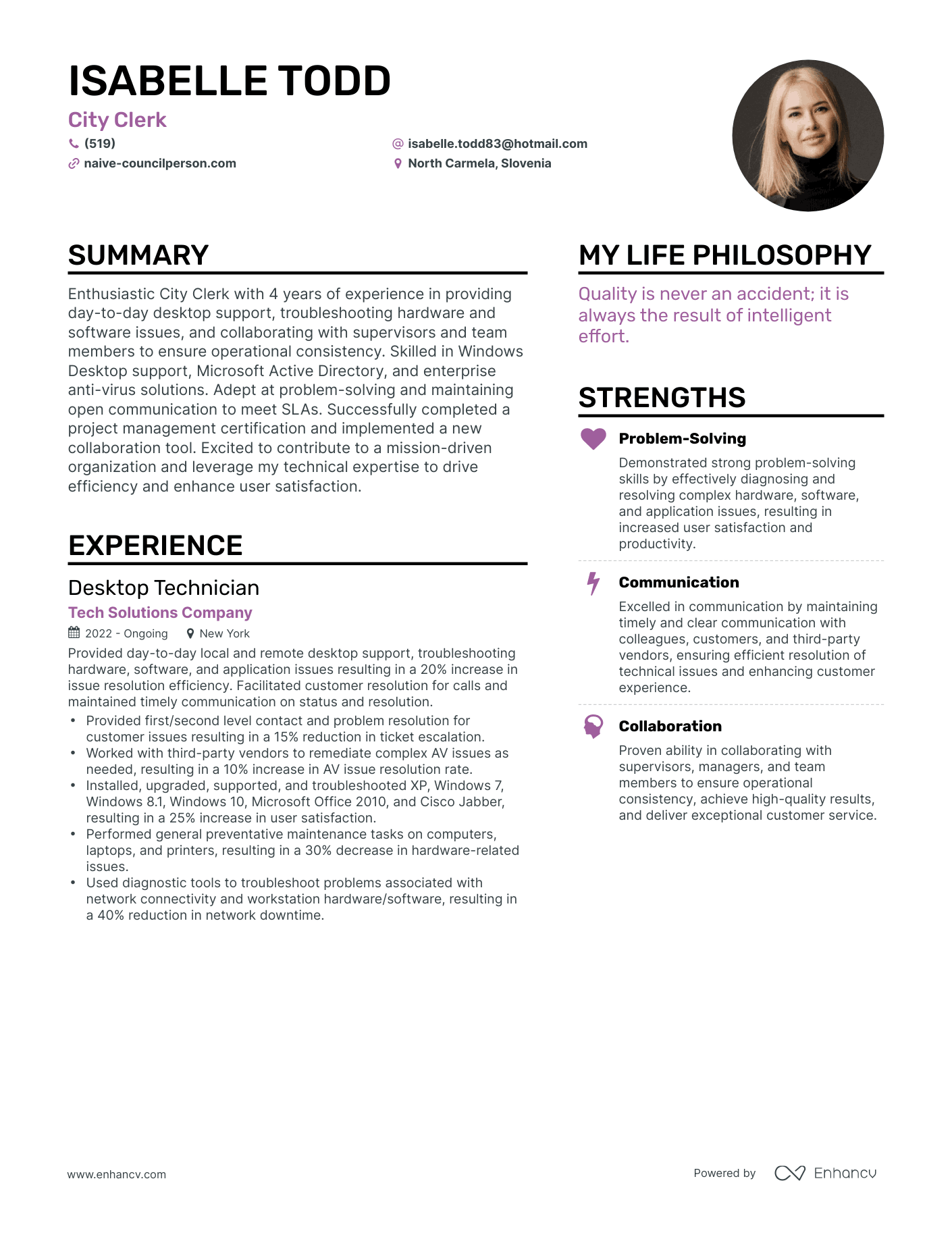
A billing manager job description outlines the roles and responsibilities of a billing manager, a professional responsible for overseeing the billing processes within an organization. This job description serves as a guide for hiring managers and candidates alike, providing clear expectations for the position.
The billing manager plays a crucial role in ensuring accurate and timely billing, maintaining customer satisfaction, and maximizing revenue generation. They are typically responsible for managing the entire billing cycle, from invoice creation and distribution to payment processing and reconciliation. Additionally, they may be involved in developing and implementing billing policies and procedures, as well as training and supervising billing staff.
To be successful in this role, a billing manager should possess a strong understanding of accounting principles and billing software, as well as excellent communication and interpersonal skills. They should also be able to work independently and as part of a team, and be able to manage multiple tasks simultaneously.
1. Billing Operations Management
Billing operations management is a crucial aspect of a billing manager job description, as it encompasses the day-to-day responsibilities of overseeing the billing department. This includes managing invoice creation, distribution, and payment processing, ensuring accuracy, efficiency, and compliance with established policies and procedures.
-
Invoice Creation
Billing managers are responsible for ensuring that invoices are created accurately and on time. This involves gathering data from various sources, such as sales orders, purchase orders, and time sheets, and inputting it into the billing system. They must also ensure that invoices are compliant with all applicable laws and regulations.
-
Invoice Distribution
Once invoices are created, billing managers are responsible for distributing them to customers in a timely manner. This can be done electronically, through the mail, or through a combination of methods. Billing managers must also track the status of invoices and follow up with customers who have not paid.
-
Payment Processing
Billing managers are responsible for processing payments from customers. This involves reconciling payments with invoices, applying payments to customer accounts, and issuing receipts. Billing managers must also investigate and resolve any discrepancies that arise during the payment process.
Effective billing operations management is essential for ensuring the smooth functioning of any organization. By overseeing the day-to-day operations of the billing department, billing managers play a vital role in maintaining customer satisfaction, maximizing revenue generation, and ensuring compliance with all applicable laws and regulations.
2. Customer service
Customer service is a critical aspect of any billing manager job description, as it directly impacts customer satisfaction and retention. Billing managers are responsible for responding to customer inquiries and resolving billing issues in a timely and efficient manner. This includes answering questions about invoices, payments, and account balances, as well as investigating and resolving any discrepancies or errors.
Effective customer service is essential for maintaining positive customer relationships and minimizing churn. Billing managers who are able to provide excellent customer service can help to increase customer satisfaction, build trust, and drive repeat business.
Here are some examples of how customer service skills are essential for billing managers:
- A billing manager receives a call from a customer who is disputing an invoice. The billing manager investigates the issue and determines that the customer was overcharged. The billing manager corrects the error and issues a credit memo to the customer. The customer is satisfied with the resolution and continues to do business with the company.
- A billing manager receives an email from a customer who is having trouble making a payment. The billing manager provides the customer with instructions on how to make a payment online or over the phone. The customer is able to make the payment successfully and is grateful for the assistance.
- A billing manager receives a call from a customer who is inquiring about their account balance. The billing manager provides the customer with the information they need and answers any questions they have. The customer is satisfied with the service they receive and is confident that their account is in good standing.
These examples illustrate the importance of customer service skills for billing managers. By providing excellent customer service, billing managers can help to increase customer satisfaction, build trust, and drive repeat business.
3. Financial reporting
Financial reporting is a critical component of a billing manager job description. Billing managers are responsible for preparing and analyzing financial reports that provide insights into the organization’s billing and revenue performance. These reports are used to track key metrics, identify trends, and make informed decisions about billing and revenue strategies.
Some of the most common financial reports that billing managers prepare and analyze include:
- Invoice reports: These reports provide a detailed breakdown of invoices issued, including the invoice date, invoice amount, customer name, and payment status.
- Payment reports: These reports provide a summary of payments received, including the payment date, payment amount, customer name, and payment method.
- Revenue reports: These reports provide a snapshot of the organization’s revenue, including total revenue, revenue by product or service, and revenue by customer.
Billing managers use these reports to track key metrics, such as average invoice amount, days sales outstanding (DSO), and customer churn rate. They also use these reports to identify trends, such as changes in customer payment patterns or changes in revenue growth. This information is essential for making informed decisions about billing and revenue strategies.
For example, if a billing manager notices that the DSO is increasing, they may investigate the reasons for the increase and develop strategies to reduce it. Or, if a billing manager notices that revenue is declining, they may analyze the revenue reports to identify the products or services that are driving the decline and develop strategies to increase revenue.
Financial reporting is an essential part of a billing manager job description. By preparing and analyzing financial reports, billing managers can gain insights into the organization’s billing and revenue performance and make informed decisions about billing and revenue strategies.
4. Policy development
Policy development is a crucial component of a billing manager job description. Billing managers are responsible for developing and implementing billing policies and procedures that ensure the accuracy, efficiency, and compliance of the billing process. These policies and procedures cover a wide range of topics, including invoice creation, payment processing, and customer service.
Effective billing policies and procedures are essential for any organization that wants to maintain a healthy financial position. They help to ensure that invoices are accurate and timely, that payments are processed efficiently, and that customers are treated fairly. Billing managers who are able to develop and implement effective billing policies and procedures can help their organizations to improve cash flow, reduce costs, and increase customer satisfaction.
Here are some examples of how billing policies and procedures can benefit an organization:
- Improved cash flow: By ensuring that invoices are accurate and timely, billing policies and procedures can help organizations to improve their cash flow. This is because customers are more likely to pay their invoices on time if they are accurate and easy to understand.
- Reduced costs: Billing policies and procedures can also help organizations to reduce costs. By automating the billing process, organizations can reduce the amount of time and money spent on manual tasks. Additionally, billing policies and procedures can help to reduce the number of billing errors, which can lead to costly chargebacks and refunds.
- Increased customer satisfaction: Billing policies and procedures can also help to increase customer satisfaction. By providing customers with clear and concise information about their invoices, billing managers can help to reduce customer confusion and frustration. Additionally, billing policies and procedures can help to ensure that customers are treated fairly and consistently.
Overall, billing policies and procedures are an essential part of any billing manager job description. By developing and implementing effective billing policies and procedures, billing managers can help their organizations to improve cash flow, reduce costs, and increase customer satisfaction.
5. Team management
Team management is a crucial aspect of a billing manager job description, as it encompasses the responsibility of supervising and training billing staff. Effective team management ensures that the billing department operates smoothly and efficiently, contributing to the overall success of the organization.
-
Supervision
Billing managers are responsible for supervising the daily activities of billing staff, including invoice creation, payment processing, and customer service. They provide guidance, support, and feedback to ensure that staff members are performing their duties accurately and efficiently.
-
Training
Billing managers are also responsible for training new staff members and providing ongoing training to existing staff. This includes training on billing software, company policies and procedures, and customer service best practices.
-
Performance management
Billing managers are responsible for evaluating the performance of billing staff and providing feedback to help them improve their performance. They also work with staff members to set goals and develop performance improvement plans.
-
Team development
Billing managers are responsible for developing their team and creating a positive and productive work environment. They encourage teamwork, collaboration, and professional development.
Effective team management is essential for the success of any billing department. By supervising and training billing staff, billing managers can ensure that the department operates smoothly and efficiently, contributing to the overall success of the organization.
Billing Manager Job Description FAQs
This section provides answers to frequently asked questions about billing manager job descriptions. These FAQs aim to clarify common concerns and misconceptions, offering valuable insights for individuals interested in or currently working in this role.
Question 1: What are the essential responsibilities of a billing manager?
Billing managers oversee all aspects of the billing process, including invoice creation, payment processing, customer service, financial reporting, policy development, and team management. They ensure accuracy, efficiency, and compliance in billing operations while maintaining positive customer relationships.
Question 2: What qualifications are typically required for a billing manager position?
Typically, billing managers possess a bachelor’s degree in accounting, finance, or a related field. They have strong analytical and problem-solving skills, expertise in billing software and accounting principles, and a thorough understanding of billing regulations and best practices.
Question 3: What is the career path for a billing manager?
Billing managers can advance to senior-level positions such as billing director or revenue manager. They may also transition into roles in finance, accounting, or operations management, leveraging their expertise in billing and revenue generation.
Question 4: What are the key challenges faced by billing managers?
Billing managers often navigate challenges related to managing large volumes of invoices, ensuring compliance with regulations, resolving customer disputes, and optimizing billing processes to enhance efficiency and accuracy.
Question 5: What are the essential skills for success as a billing manager?
Effective billing managers possess exceptional communication, interpersonal, and organizational skills. They are proficient in accounting software, have a strong attention to detail, and demonstrate a commitment to customer satisfaction and continuous improvement.
Question 6: What is the job outlook for billing managers?
The job outlook for billing managers is expected to remain positive due to the increasing demand for professionals who can manage complex billing processes and ensure revenue optimization. As businesses strive to improve efficiency and accuracy in billing, the role of billing managers will continue to be vital.
These FAQs provide a comprehensive overview of the billing manager job description, highlighting key responsibilities, qualifications, career paths, challenges, essential skills, and job outlook. By addressing common concerns and misconceptions, this section aims to empower individuals to make informed decisions about pursuing or advancing in this field.
Transition to the next article section:
The following section will delve deeper into the specific duties and responsibilities of a billing manager, providing a detailed understanding of the role’s integral functions within an organization.
Tips for Excelling in a Billing Manager Role
To thrive as a billing manager, consider these valuable tips that can enhance your performance and contribute to the success of your organization.
Tip 1: Master Billing Software and Technology
Become proficient in the billing software used by your organization. Explore its features, understand its capabilities, and leverage automation tools to streamline processes, improve accuracy, and enhance efficiency.
Tip 2: Prioritize Customer Service
Remember that customers are the lifeblood of any business. Provide exceptional customer service by responding promptly to inquiries, resolving billing disputes efficiently, and proactively addressing any concerns. Your responsiveness and professionalism will foster positive relationships and increase customer satisfaction.
Tip 3: Ensure Compliance and Accuracy
Adhere strictly to established billing policies and procedures to maintain compliance with industry regulations and internal standards. Double-check the accuracy of invoices, payments, and financial reports to avoid errors and maintain the integrity of your billing system.
Tip 4: Embrace Continuous Improvement
Billing processes are not static. Regularly review your systems, identify areas for improvement, and implement changes to enhance efficiency, reduce costs, and optimize revenue generation. A proactive approach to continuous improvement will keep your billing operations running smoothly.
Tip 5: Build Strong Relationships
Collaborate effectively with other departments, such as sales, finance, and customer service, to ensure a seamless billing process. Open communication, clear expectations, and a collaborative mindset will foster teamwork and contribute to the overall success of the organization.
By following these tips, billing managers can elevate their performance, optimize billing operations, and contribute to the financial health and customer satisfaction of their organizations.
Transition to the article’s conclusion:
The billing manager role is a crucial one, demanding a combination of technical expertise, customer-centricity, and a commitment to accuracy and efficiency. By embracing these tips, billing managers can excel in their roles and drive success for their organizations.



